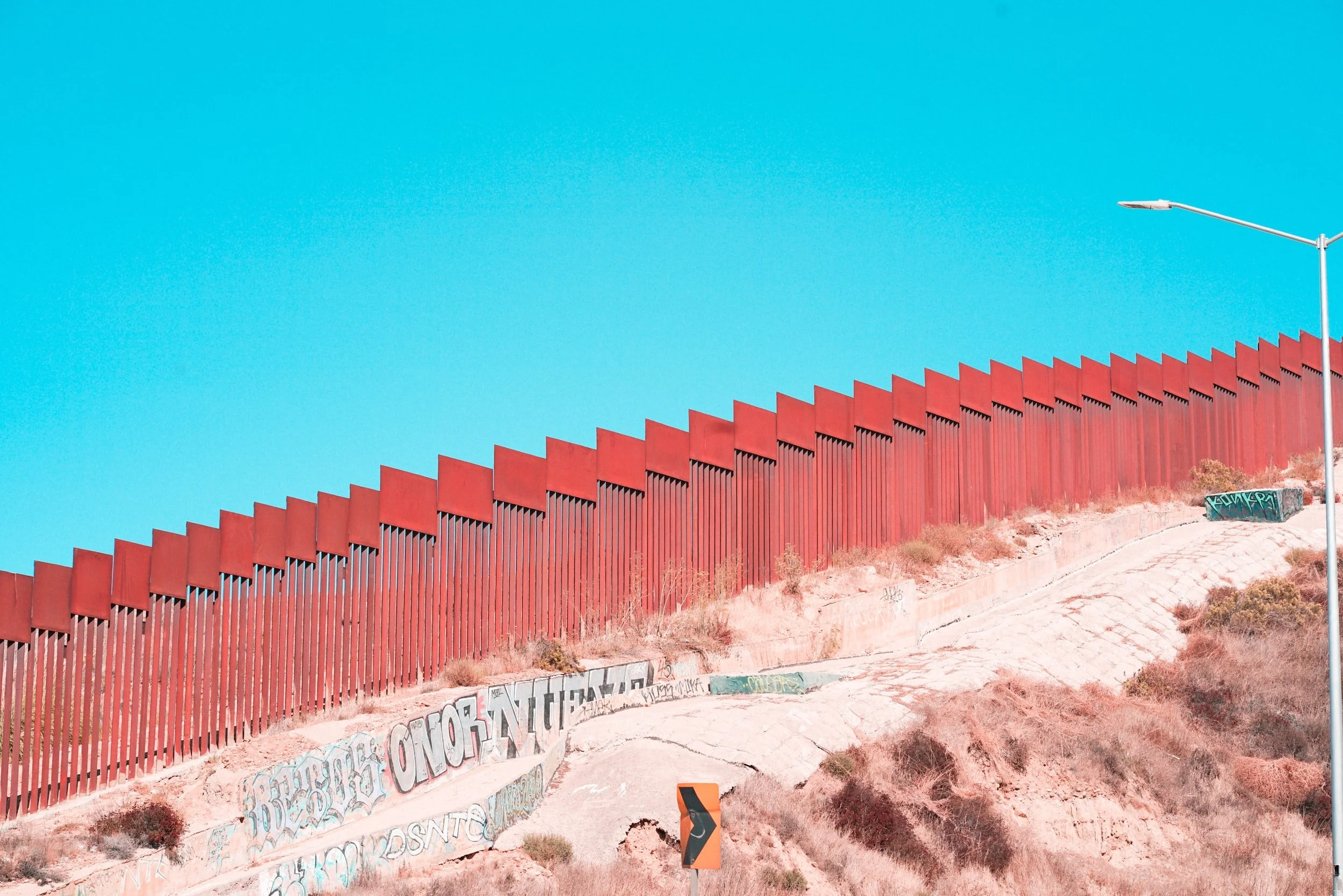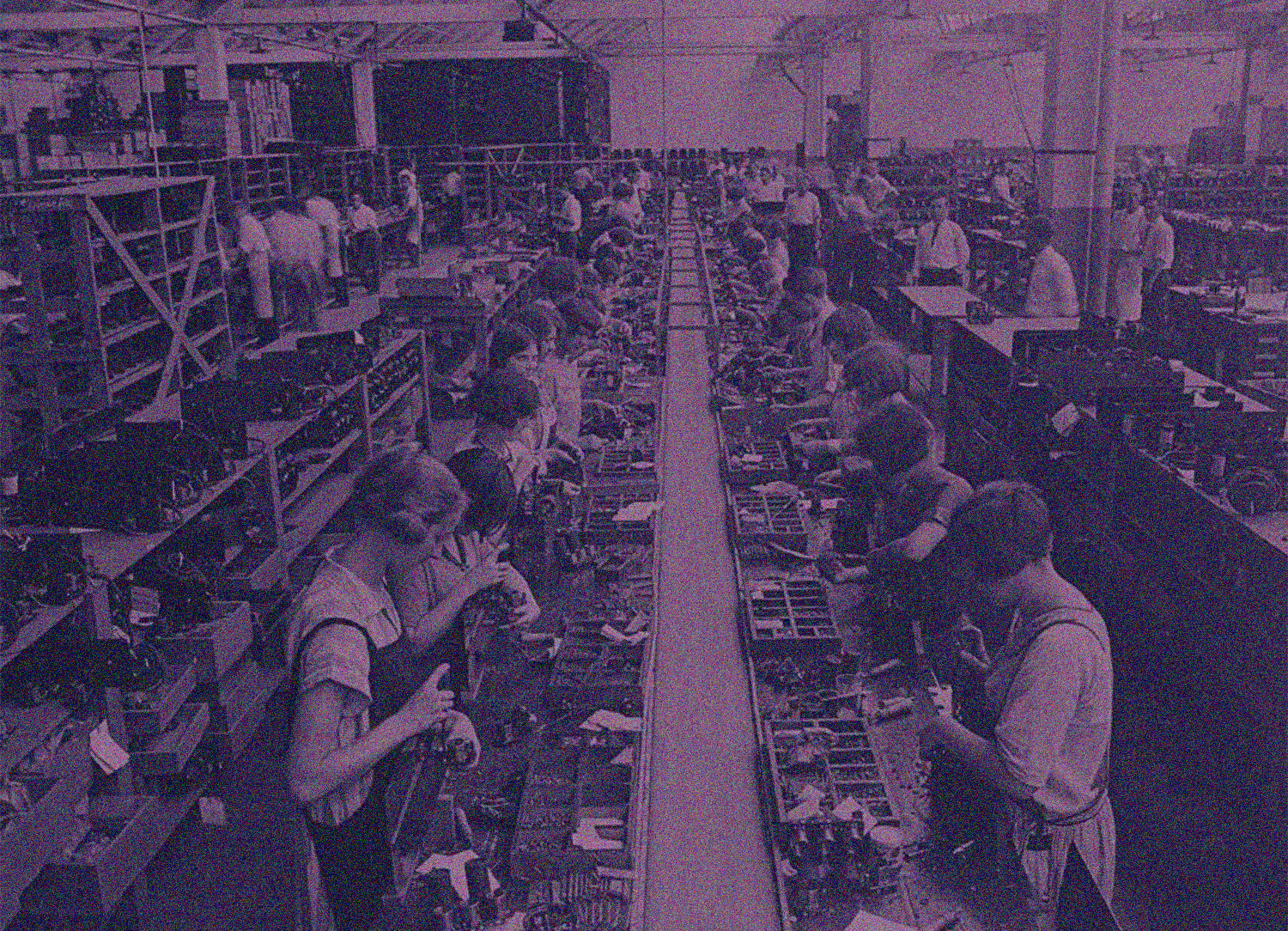A Moral Crisis: Migrant Child Labor Exploitation in Our Own Backyard
By Will Thompson and Maggie Haveman-Gould, edited by Mark Fields
On February 26th, I found myself scrolling through the news online, when my eyes caught the words:
Migrant Children...
Brutal Jobs…
U.S.
Whoa… surely not in our area, I thought. But as I swiped to see the photos, my vision flipped to:
Grand Rapids, Michigan
I recoiled from the screen’s glow and the New York Times article and thought:
That is Us.
It is not a comfortable realization, but we — those who live in West Michigan — are not an exception to the human rights situations that impact our country and the world at large. While our community aspires to be one that welcomes thriving, growing, and diverse populations of migrant workers, immigrants, refugees, and asylum seekers, we also have factories and farmland, manufacturing and engineering, food service, and healthcare industries that often seek to take advantage of these vulnerable populations for their own profit.
When I pull back the lens and think of my work with Lighthouse Immigrant Advocates, I think of the people we serve. Clients who have obtained falsified documents in order to work and provide for their families; clients so desperate to find the American Dream that they go into debt to coyotes; or clients that inadvertently fall victim to indentured servitude for the cost of a roof over their heads and the promise to work for a more prosperous future.
Are we calling this human trafficking? Sometimes. Are we calling this the exploitation of migrant children in a hazardous adult workforce? Ages and work demands say, absolutely yes.
Before we reflexively shift to full-on finger-pointing, we need to further examine what got us to this point in the U.S. We need to examine the systemic failures of foreign policy, the immigration system, social services, labor regulation and enforcement, and of course, private enterprise that has allowed systemic labor exploitation to be built throughout the country, and in our own backyard. The plain fact of the matter is that South and Central American countries are experiencing pervasive poverty, government corruption, insufficient work opportunities, gang violence, and familial domestic violence. These issues continue to be unaddressed by the political and law enforcement institutions responsible for ensuring security and prosperity for their citizens.
And so, the border calls.
And when the border calls to so many and for so long, it creates an opportunity for perverse actors to build up systems that exploit, harm, degrade, and violate the humanity, dignity, and safety of migrants seeking out a better life in the United States.
For the portion of migrants that are fortunate enough to surpass the challenges of the journey to the border, they’ll hold onto the hope of a grant of asylum in the United States. But this process isn’t just the ringing of a church bell and declaring sanctuary within welcoming brick and stained glass walls.
It’s proving your living conditions at home were harsh enough to warrant asylum;
It’s needing to check enough boxes of trauma to tip the scales toward approval;
It’s understanding asylum isn’t a phone call to ask for help, but instead, a laborious twelve-page application complete with multiple copies and meticulously cataloged evidence only to earn the opportunity to be scrutinized, interviewed, and play the long waiting game;
It’s knowing that asylum is far from guaranteed and the cost isn’t only vulnerably sharing your story and reliving traumas, but also paying for all those pages and trusting that the person filling them out on your behalf is just, honest, true, and a knowledgeable advocate for you.
Even after entering the United States, the odds are stacked against you. You have a hungry belly; there is a housing crisis. You bunk with a friend, hear of a shared space with a job opportunity, but it's a trap. You’re a young teen with siblings back home, or a sick parent, or you’re escaping violence and so you take what is offered with papers that stretch the truth. Only now, you come to realize that you are indebted to the very people who you trusted to help you find housing and work as they demand payment for their “services” with exploitative interest rates stacked on top. When you eventually come to understand the cruelty and inhumanity of the situation in which you have found yourself, it sinks in that help is nowhere to be found.
Whether or not we like to acknowledge this reality, over the past decade the number of child labor law violations has steadily and reliably increased alongside unaccompanied minor arrivals at the border — as illustrated by data published by both the Departments of Labor and Health and Human Services shown below.
With the stage set, we must now turn to the questions of how exactly migrant children are ending up in these exploitative situations in such large numbers, and why the U.S. government has failed to prevent the exploitation of children whom we have willingly accepted into our country and ostensibly promised a commitment to their security and wellbeing. All while, somehow, America’s most recognizable corporations have avoided accountability for the exploitation of child labor in their supply chains.
These questions have three simple answers that we will expand upon below:
(1) The influx of unaccompanied minors in recent years has prompted to U.S. government to release unaccompanied minors to “sponsors” with declining scrutiny and a diminishing capacity for follow-up oversight;
(2) inadequate legal services and social support networks have driven minors toward the workforce in order to provide for their own needs;
(3) ineffective labor law enforcement has allowed large corporations to shift the burden of labor law violations onto lesser resourced members of their supply chains and downstream staffing agencies – and furthermore, insufficient penalties for child labor law violations have failed to incentivize corporations to enforce due diligence in their employment practices.
Insufficient Scrutiny of “Sponsors” to which
Unaccompanied Minors are Released
When an unaccompanied child arrives at the U.S. border they are transferred to the custody of the Department of Health and Human Services (DHS) Office of Refugee Resettlement. From there, the agency works to place the child with a “responsible sponsor” to care for the child as their immigration case is processed. This is often a relative of the minor residing in the United States, but it can also be unrelated individuals when a viable family member cannot be identified in short order.
Percentage of minor migrants released to Parent
With the rapid influx of unaccompanied minor children crossing the border, caseworkers have come under increased pressure to release children to sponsors as swiftly as possible in order to keep pace with the rate of arrivals – averaging the release of just over 300 children per day according to a recent Politico article. Indeed, a PBS report reveals that this pressure comes from the highest levels of HHS as Secretary Javier Becerra reportedly chastised staff during a meeting last summer saying, “[t]his is not the way you do an assembly line.”
It is no surprise that there is a cost to safety and well-being when children are pushed through the immigration system in an assembly line process intended to maximize efficiency. Speed decreases scrutiny – and as staffing is stretched thin and caseworkers are expected to speed up the rate of placement, their time to scrutinize each placement is necessarily limited.
Furthermore, the agency has come under fire for its failure to perform adequate follow up of minor placements with sponsors. For most cases, there is no follow up at all besides a brief phone call one-month after placement. Additionally, data obtained by the New York Times shows that over the last two years the agency was unable to reach more than 85,000 children after only one month, immediately losing contact with roughly a third of all migrant children.
Apart from proactive follow up, children are given the phone number for a national hotline with which they are told to report exploitation and abuse. However, the national hotline has come under scrutiny for failing to respond to complaints, and its practice of referring reports to local law enforcement agencies. Following this Times exposé, HHS announced a change in its policies, requiring staff to actively follow up on reports of safety concerns.
Inadequate Social and Legal Supports
When unaccompanied children are released to sponsors from HHS custody, they face a lack of social and legal services. In turn, migrant children fail to have basic needs met, and have a harder time assimilating into American society and culture. Without government provided legal representation, language services, health care, mental-health care, and case management, many children are thrust into a new environment with little or no support structure in place. Oftentimes, unaccompanied minors carry trauma from their country of origin or their journey to the US, and they feel a financial obligation to send remittances home to their families back home. However, with no knowledge of their rights and no advocates acting on their behalf, they find themselves particularly vulnerable to exploitation and abuse by malign actors.
The shortage of these support services often prevents unaccompanied minors from connecting with members of the broader community and developing relationships with potential caretakers or advocates outside of their sponsorship arrangements. This insulating effect inhibits the ability of many unaccompanied minors to fully grasp their own exploitation/abuse, and therefore lessens the possibility of finding individuals who can help them.
In effect, the lack of government scrutiny and proactive follow up oversight often prevents the government from identifying exploitation and abuse while the absence of social and legal support services often prevents exploited and abused children from finding a trusted adult to confide in.
Ineffective Labor Law Enforcement & Penalties
Federal law prohibits the employment of children under the age of 18 in occupations deemed “hazardous” by the Department of Labor and the employment of children under the age of 16 in any “manufacturing” or “processing” facilities under the Fair Labor Standards Act. However, the monetary penalties assessed against corporations for violations of these labor protections are woefully inadequate as an effective deterrent against the illegal use of child labor.
Assessed against only the most serious violations of child labor standards, companies are at most liable for a civil penalty of no more than $11,000 per youth employed in violation of the law — and no more than $50,000 if a child employed in violation of child labor restrictions suffers death or serious bodily injury.
In a tight labor market and with profit motives paramount to worker safety and child welfare, these mild penalties fail to deter employers from knowingly hiring child workers, and they fail to incentivize employers to ensure the eligibility of applicants for employment. The sad result is that many companies simply view the act of paying the penalties for child labor violations as a marginal cost of doing business. This problem is only further exacerbated by the corporate structures that make up today’s complex manufacturing, processing, and distribution supply chains.
While the reality is that children work on assembly lines, produce car parts for the nation’s largest automotive brands, or package products for the nation’s most recognizable cereal brands, they are seldom officially employed by the major brands or by the owners of the factories in which they operate. Many of these child workers are hired by independent staffing agencies which contract with suppliers to recruit workers and service labor needs.
“The sad result is that many companies simply view the act of paying the penalties for child labor violations as a marginal cost of doing business.”
This multi-tiered structure of brand name corporations, independent suppliers, and staffing agencies allows each of these entities to shift the blame for violations down the chain, thus avoiding accountability for their failures to comply with child labor regulations and safety standards. The result, identified by the New York Times reporting, is that oftentimes the lowest players in the chain (the staffing agencies) are held liable for the civil penalties when violations are identified.
Rather than punish the corporations which undoubtedly hold the most resources to ensure compliance and accountability within their supply chains, these corporations avoid all accountability by shifting blame and maintaining a willful ignorance to the scale of the problem. For this reason, these corporations will continue to benefit from child labor exploitation.
Policy Recommendations
In response to the Times reporting, a Washington D.C. based NGO, Kids In Need of Defense, released a series of five policy recommendations “aimed at eradicating labor exploitation of unaccompanied children, protecting these children’s safety, and empowering them to thrive in communities across the nation,” which we at Lighthouse Immigrant Advocates wholeheartedly endorse:
The Department of Labor should aggressively enforce compliance with child labor standards, supported by the passage of federal legislation heightening civil monetary fines for offending companies.
The Department of Health and Human Services should ensure that all unaccompanied children released from its custody have attorneys.
The Department of Health and Human Services should ensure social services for all unaccompanied children after placement with sponsors.
The federal and state government should improve unaccompanied children’s access to educational programming that promotes safe and healthy community integration.
The Biden Administration should roll back policies that block protection-seeking families from accessing humanitarian relief in the United States.
In addition, we at Lighthouse Immigrant Advocates offer two additional policy recommendations to help achieve these objectives:
The Department of Health and Human Services should surge staffing toward the Office of Refugee Resettlement to ensure the diligent, scrupulous, and vigilant screening of all sponsors prior to the release of unaccompanied children to their care, and to provide resources for the regular supervision of children placed with sponsors for at least 180 days.
The United States Congress should support the Department of Labor’s aggressive pursuit of compliance with existing child labor and safety regulations under the Fair Labor Standards Act by passing new federal legislation allowing the Department of Labor to assess civil penalties against corporations whose suppliers and subcontractors exhibit a pattern of operating in violation of the law.
Unfortunately, legislative and regulatory changes to address these systemic shortcomings will take time and advocacy.
In the meantime, however, where does that leave us? All of us — those who report the news, read the news, and who subjects of the news — advocates and observers alike.
If you’re a child worker exploited due to lack of status, call Lighthouse Immigrant Advocates at (616) 298-8984 and we can confidentially discuss your circumstances and explore what remedies are available to you.
If you’re an employer, call Lighthouse Immigrant Advocates at (616) 298-8984 to connect your Human Resource or Management teams with our experienced, qualified, and caring legal representatives. We’ll be ready with a packet of information for your employees on how they can pursue possible immigration remedies.
If you’re an advocate for change, contact your local representatives and senators in congress to demand reforms to the immigration system, expanded support systems for unaccompanied minors, stricter child labor regulations and enforcement, and greater oversight of executive agencies responsible for unaccompanied minor resettlement.
Find your member at: https://www.congress.gov/members/find-your-member
If you’re an advocate for human rights, please donate to Lighthouse Immigrant Advocates to put your resources into play in finding remedies and a holistic approach to legal, advocacy, and educational work supporting our neighbors and communities.
Donate from our website
Donate via Venmo: @liamichigan
Become a monthly donor and continue your support through all the news cycles at: https://lia-michigan.org/monthly







